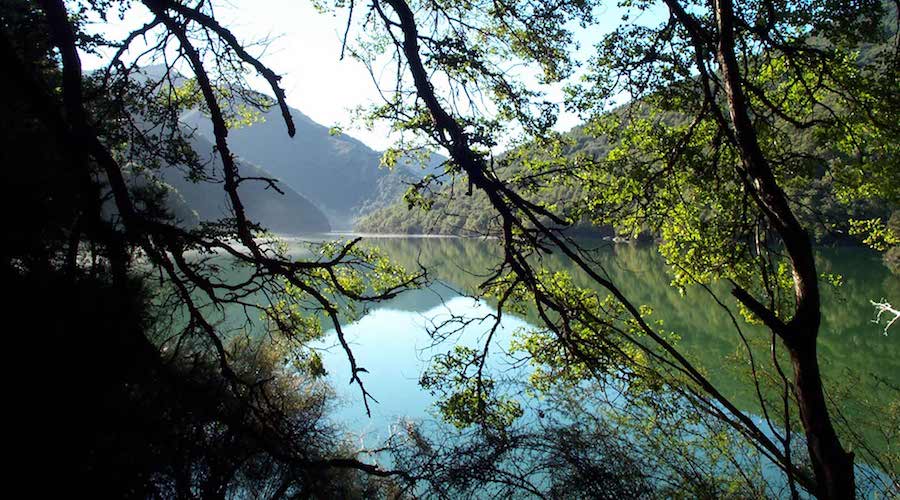
Industry executives have joined activists and negotiators from nearly 200 countries at this month’s U.N. nature summit in Montreal, where negotiations on a global pact to protect nature could lead to tougher disclosure requirements for businesses.
Sectors such as mining, agriculture, oil and fashion are under scrutiny at the COP15 talks, due to their heavy impact on nature with activities that can contaminate soil, foul waterways or pollute the air.
As negotiators work to agree on conservation targets by the summit’s scheduled end on Dec. 19, momentum is building for a measure to require businesses to disclose their harm to the environment.
The measure, as currently drafted, would also ask companies to halve those negative impacts by 2030, which could mean additional costs for businesses, said Franck Gbaguidi, senior analyst for energy, climate and resources at the Eurasia Group risk advisory.
But a weak deal without global agreement on how businesses should behave could also raise company costs – by opening the door to a global patchwork of different biodiversity regulations and requirements that makes compliance more difficult, Eurasia Group said in a policy statement.
For companies mining metals and coal, an environmental disclosure requirement could force companies to reveal the impacts not just from the blasting and drilling they do on site, but also from the logging and deforestation carried out in creating access roads.
Mining companies are also concerned about the central goal of the COP15 talks – to set aside 30% of Earth’s land and ocean areas for conservation by 2030. That could cut into areas rich with resources for extraction.
“There are going to be some places which are just going to be ‘no go areas’, and that can be hard for the mining sector,” said Aimee Boulanger, executive director of the Initiative for Responsible Mining Assurance.
The International Council on Mining and Metals, which represents 26 of the world’s largest mining companies, would back a deal that sets “a level playing field” with uniform rules in all regions, said the group’s chief executive, Rohitesh Dhawan.
(By Allison Lampert; Editing by Katy Daigle and Lisa Shumaker)
Comments